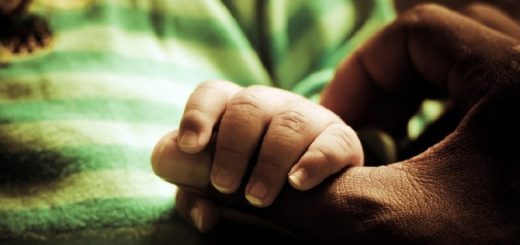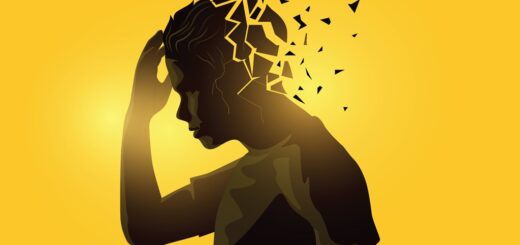What is human development?
Human development is the scientific study of how people change and how to remain some aspects over time.
Children: The first two years
Childhood, extending from birth until the second year of life (approximately) is a period of incredible changes in the ability and motor coordination of the child are developed and their sensory and language skills. At this stage the child to family members and others who care sticks, learns to trust or distrust and to express or repress love and affection. Learn to express feelings and basic emotions and develop some independence and sense of self. Already at this stage children show considerable difference in personality and temperament.
The newborn is dependent but competent; the senses work from birth; physical growth and development of motor skills is very fast; presence of skills to learn, even from the first weeks of life.
At the end of the first year ties with parents and others they are formed; the self – consciousness develops during the second year; speech and understanding develop rapidly; the interest is increased by other children.
The development is multidirectional and interdisciplinary
The development is a complex process which is generally divided into four basic dimensions: physical, cognitive, emotional and social development.
I. Physical Development
It includes the genetic basis of development; physical growth of all components of the body; changes in motor development, senses and body systems; It further relates to issues such as health care, nutrition, sleep, drug abuse and sexual functioning.
II. Cognitive Development
Cognitive development includes all changes in intellectual processes of thinking, learning, memory, judgment, problem solving and communication. It includes both hereditary and environmental influences in the development process.
III. Emotional development
Emotional development refers to the development of attachment, trust, security, love and affection, and a variety of emotions, feelings and temperaments. It includes the development of the concept of self and autonomy and an analysis of stress, emotional disturbances and behavior representation.
IV. Social development
Social development emphasizes the process of socialization, moral development and relationships with peers and family members. Discuss marriage, parenting, work and vocational roles and employment.
You may also like to read another article on AnxietyReduction: Explore your personality
Heredity and environment influence the development
For years, psychologists have tried to separate the influence of the heritage of the influence of environment on the development. If heredity plays the title role, then it would be possible to improve the human race through genetic engineering to eliminate innate faults. If the environment plays the leading role, the task is to determine what positive influences enhance the development and control to achieve the desired results. Actually both nature (heredity) and nurture (the environment) exert important influences.
Some aspects of development seem more determined by heredity and others for the environment, but for the most part are influenced by both factors. Children inherit the physical constitution that allows them to stand up, walk and play as maturation proceeds. Poor diet, disease, drugs and physical restraints may delay the process. As some children are not very strong or do not have good coordination, athletic abilities can be very poor, but the practice can help them overcome these deficiencies. Children are born with the ability to love, but must learn to express it.
The important question is not what factor (heredity or environment) is responsible for our behavior, but how that is both factors interact and how they can be controlled to take place optimal development. Both nature and nurture are essential for development.
Internal influences on the development come from heredity, genetic legacy that people receive from parents. External or environmental influences stem from personal experiences to the outside world.














